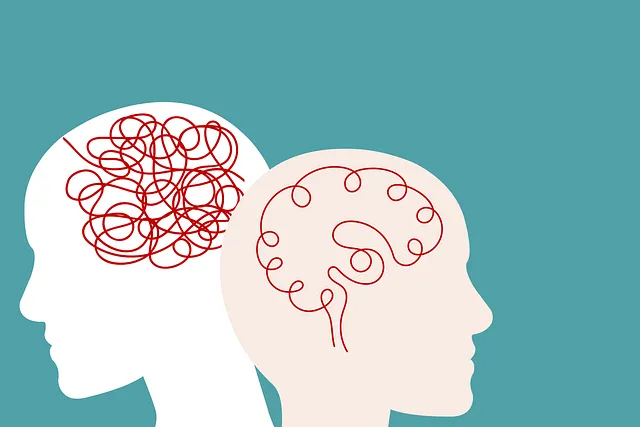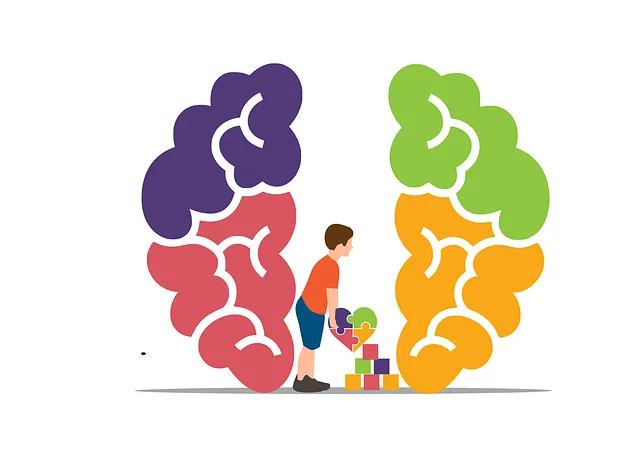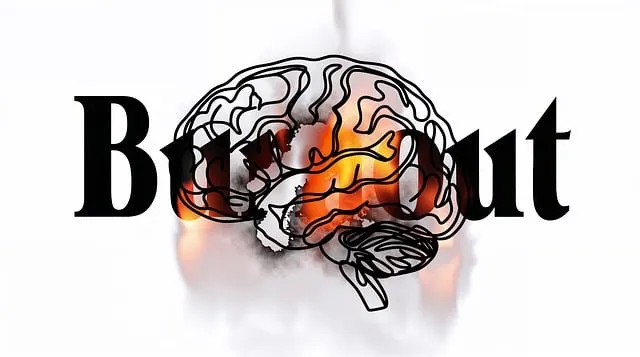Lone Tree Kaiser Permanente's Crisis Intervention Team (CIT) training programs are a key component of their comprehensive mental health services, empowering professionals with essential skills for managing crises and de-escalating high-risk situations. Through interactive workshops and simulations, these programs enhance mental health awareness, improve communication techniques, and promote trauma-informed care, leading to positive outcomes and fostering a supportive environment free from stigma. The implementation of CIT training has significantly improved patient satisfaction and encouraged help-seeking behaviors, contributing to a more inclusive and effective mental health culture at Lone Tree Kaiser Permanente.
In the critical realm of mental health care, crisis intervention teams (CITs) play a lifesaving role. These specialized groups swiftly respond to acute situations, offering immediate support and de-escalation techniques. This article explores the significance of CIT training programs, delving into their key components and methodologies. We spotlight Lone Tree Kaiser Permanente’s successful implementation, where trained professionals have made a tangible difference in crisis management, showcasing the transformative power of such initiatives for mental health services.
- Understanding Crisis Intervention Teams: A Lifesaving Role in Mental Health Care
- Training Programs for Effective Crisis Response: Key Components and Methodologies
- The Impact of Trained Professionals: Success Stories from Lone Tree Kaiser Permanente
Understanding Crisis Intervention Teams: A Lifesaving Role in Mental Health Care

Crisis Intervention Teams (CITs) play a pivotal role in mental health care, serving as a lifeline for individuals facing severe emotional crises. These specialized teams, often composed of healthcare professionals and trained volunteers, are designed to respond swiftly and effectively when someone is experiencing a psychological emergency. At Lone Tree Kaiser Permanente mental health services, CIT training programs have gained significant importance, equipping participants with invaluable skills to manage and de-escalate high-pressure situations.
By focusing on proactive interventions, these teams aim to prevent escalations that could lead to hospitalization or worse. The training includes learning effective communication techniques, crisis de-escalation strategies, and emotional support methods tailored for diverse populations. This preparation is instrumental in fostering a culture of care and resilience within the community, with a particular emphasis on Stress Management Workshops Organization techniques, Burnout Prevention measures, and Emotional Well-being Promotion techniques to enhance overall mental health services.
Training Programs for Effective Crisis Response: Key Components and Methodologies

Effective crisis intervention team (CIT) training programs are pivotal in equipping mental health professionals with the necessary tools to navigate and manage acute situations. These programs, often tailored by institutions like Lone Tree Kaiser Permanente’s mental health services, focus on several key components for optimal impact. One of the primary areas is comprehensive mental health awareness, ensuring that team members can swiftly identify signs of distress or impending crisis in individuals they support.
Additionally, these training methodologies emphasize the importance of risk assessment techniques, enabling professionals to conduct thorough evaluations and make informed decisions. Through interactive workshops and simulations, CIT trainees gain practical skills in de-escalation strategies, communication techniques, and coping skills development. These are instrumental in diffusing high-risk situations, fostering a safe environment, and promoting positive outcomes for individuals facing mental health crises.
The Impact of Trained Professionals: Success Stories from Lone Tree Kaiser Permanente

At Lone Tree Kaiser Permanente, the implementation of crisis intervention team training programs has had a profound impact on their mental health services. These programs have equipped professionals with essential skills to handle and de-escalate critical situations involving individuals suffering from mental illness. Success stories abound, highlighting the positive outcomes achieved through this specialized training. Trained staff members now confidently navigate challenging scenarios, fostering an environment that promotes healing and recovery.
The Mental Illness Stigma Reduction Efforts within the organization have been further enhanced by these comprehensive workshops. By learning effective communication strategies and trauma-informed care practices, professionals are better equipped to provide compassionate support without perpetuating harmful stereotypes. This not only improves patient satisfaction but also encourages individuals to seek help without fear of judgment, ultimately contributing to a more inclusive and supportive mental health awareness culture at Lone Tree Kaiser Permanente.
Crisis intervention team (CIT) training programs play a pivotal role in enhancing mental health care, as evidenced by the success stories from Lone Tree Kaiser Permanente. By equipping professionals with effective response strategies, these programs ensure that individuals in crisis receive timely and competent support. Incorporating key components like scenario-based training, cultural competency, and de-escalation techniques, CIT training empowers healthcare providers to make a tangible difference in people’s lives, ultimately reducing the burden on emergency services and fostering better mental health outcomes within communities, including Lone Tree Kaiser Permanente’s patient population.






